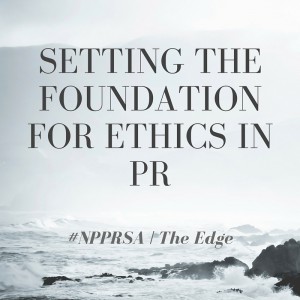I believe 2016 is going to be a big year. You know what I mean, how some years take much more space in your memory than others when you look back. It’s an overwhelming inkling, like the way you feel a sticky summer breeze and can just know it’s going to rain. Yes, 2016 is going to be a big year. It’s an election year for starters, but I think it’s something in our collective energy that’s buzzing for change. So as we take our early steps into 2016, here are some tips to be more intentional and make sure our efforts go toward making this new year bigger and better than those that came before it.
- Drink more coffee.
Kidding! Though new health standards say you can have up to five cups a day now. Which is great news for those of us who need a little java courage to tackle early morning segments. So, to good health!
1.5 Don’t check your email/social media pages until an hour after you wake up.
Email, Facebook statuses, news headlines all can have a major affect on your mood, which can alter the way you frame your day. Let yourself have a media-free hour and put the reigns back in your hands. Whether you chose to blast a pump-up morning mix or eat breakfast with your original thoughts. Use the time to touch base with your kick-ass self and start each day with your best foot forward.
- Write things down.
This is not just to make your 3rd grade cursive teacher feel validated. Studies show that handwriting notes facilitates memory, cognitive function and also helps with your creative process. (Click here or here for proof.) Maybe it has something to do with how writing in ink relinquishes your ability to backspace, making it a more permanent declaration. Whatever the reason, if handwriting my to-do list could ensure I don’t accidentally skip a thing, I’ll hand-sign myself up for that.
- Don’t be afraid of a phone call.
Speaking of going old-school… Humor me. Tap your phone and click on your recent calls; how many outgoing calls did you make besides those to your mother? It’s widely agreed that things like sentiment, sarcasm and even the contents of conversations get shortchanged through text, and yet 90% of the time when presented with both options, we chose the less efficient. Don’t be afraid to dial. An hour-long texting conversation can be communicated more personably over a ten-minute phone call. I mean this for both our personal and professional lives. PR is all about relations. It’s hard to have relations with a digital ghost.
- Put effort into “doing you.”
The worst thing you can do – at any point in your life, not only at the start of the year – is allow yourself to feel comfortable coasting on autopilot. I understand life tends to throw a lot at us and sometimes all you have time for are “survival tactics:” sleep, work, eat, work, Netflix. And that’s fine. We’re at a unique stage in our lives where the effort we put in now can and will shape the course of our careers. But I think we need to stay mindful in making sure we don’t forget to build a life as well. We all have interests besides work that make us tick, and if you can’t remember what those are, go discover them! Be it painting, running, photography, cooking, traveling, guitar etc. Dedicate time for it and don’t lose touch of that part of you. It’ll likely be what sparks your next big idea into a full flame.
The new year can either be seen as another month, no better nor worse than that before it (besides the lack of holiday sweets delivered at your door), or as a wonderful opportunity; to evaluate what we’ve done well, what we maybe didn’t do so well at and set goals (not resolutions) to gradually build on for the months to come. I challenge you to look at 2016 as a blank canvas of opportunity. Choose one thing you’d like to accomplish, professionally or personally, and add a brushstroke each day. It’s going to be a “big year” after all, so don’t be afraid to choose bold colors.
 Megan O’Neal graduated from UCLA in 2011 with a Bachelor of Arts in Communication Studies, emphasizing in mass communications. She is currently the PR & Social Media Manager at Marketing Design Group and volunteers with the National Multiple Sclerosis Society, freelancing for the public relations department. Connect with her on Twitter @megannenicole.
Megan O’Neal graduated from UCLA in 2011 with a Bachelor of Arts in Communication Studies, emphasizing in mass communications. She is currently the PR & Social Media Manager at Marketing Design Group and volunteers with the National Multiple Sclerosis Society, freelancing for the public relations department. Connect with her on Twitter @megannenicole.

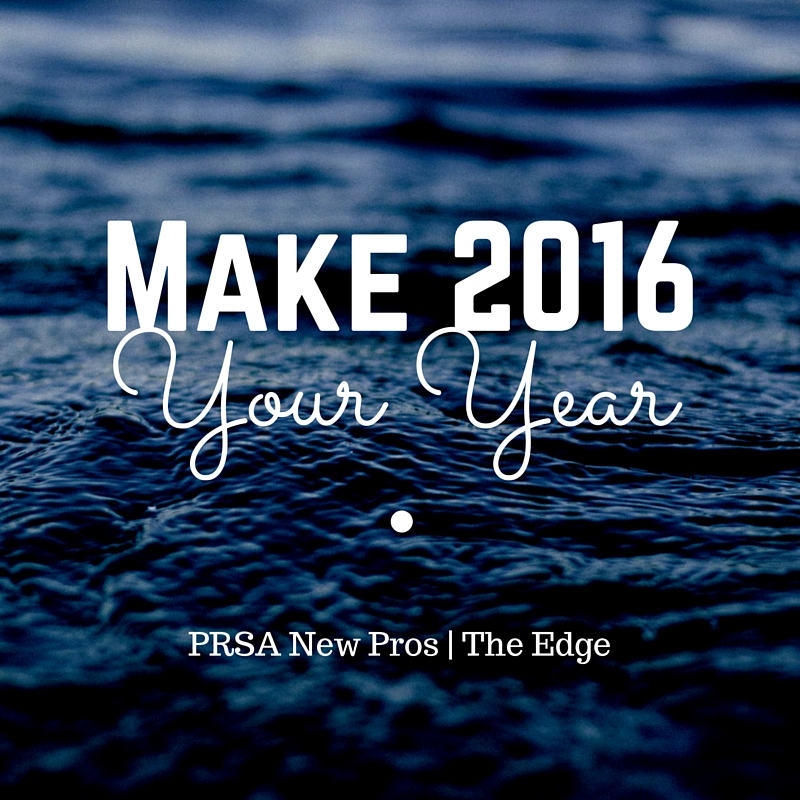
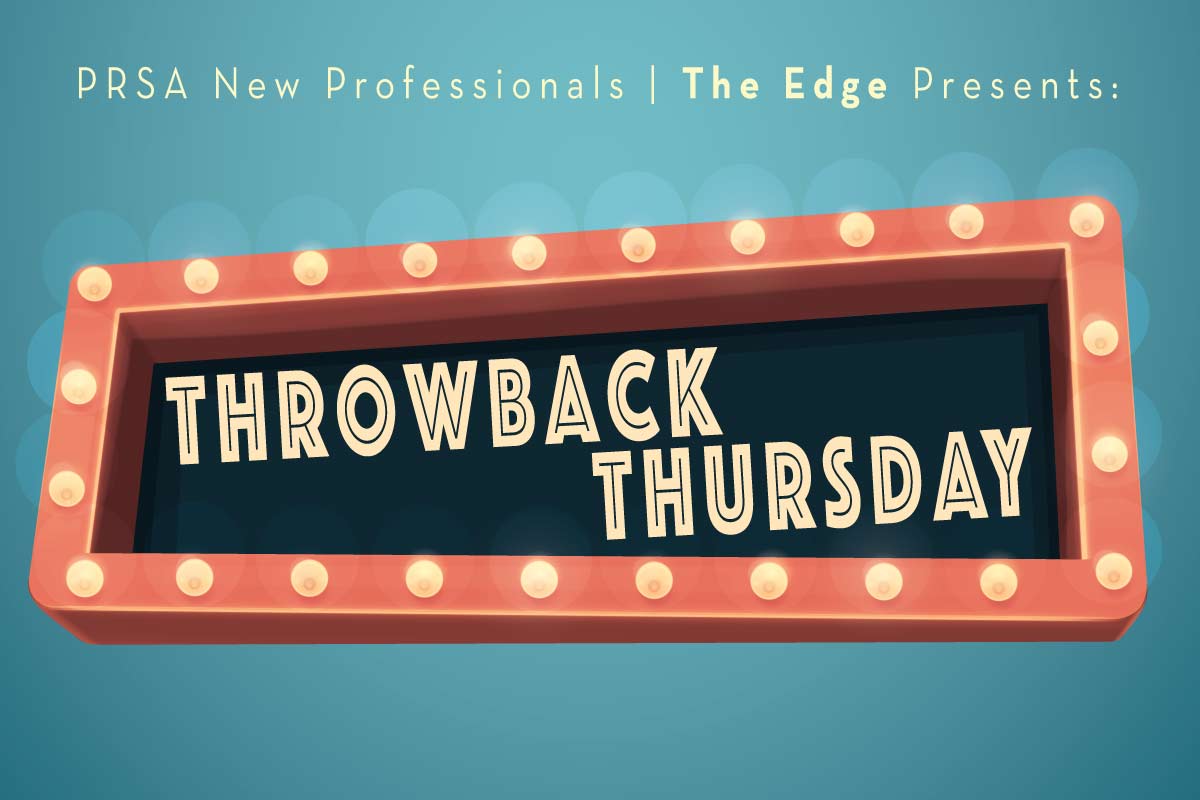
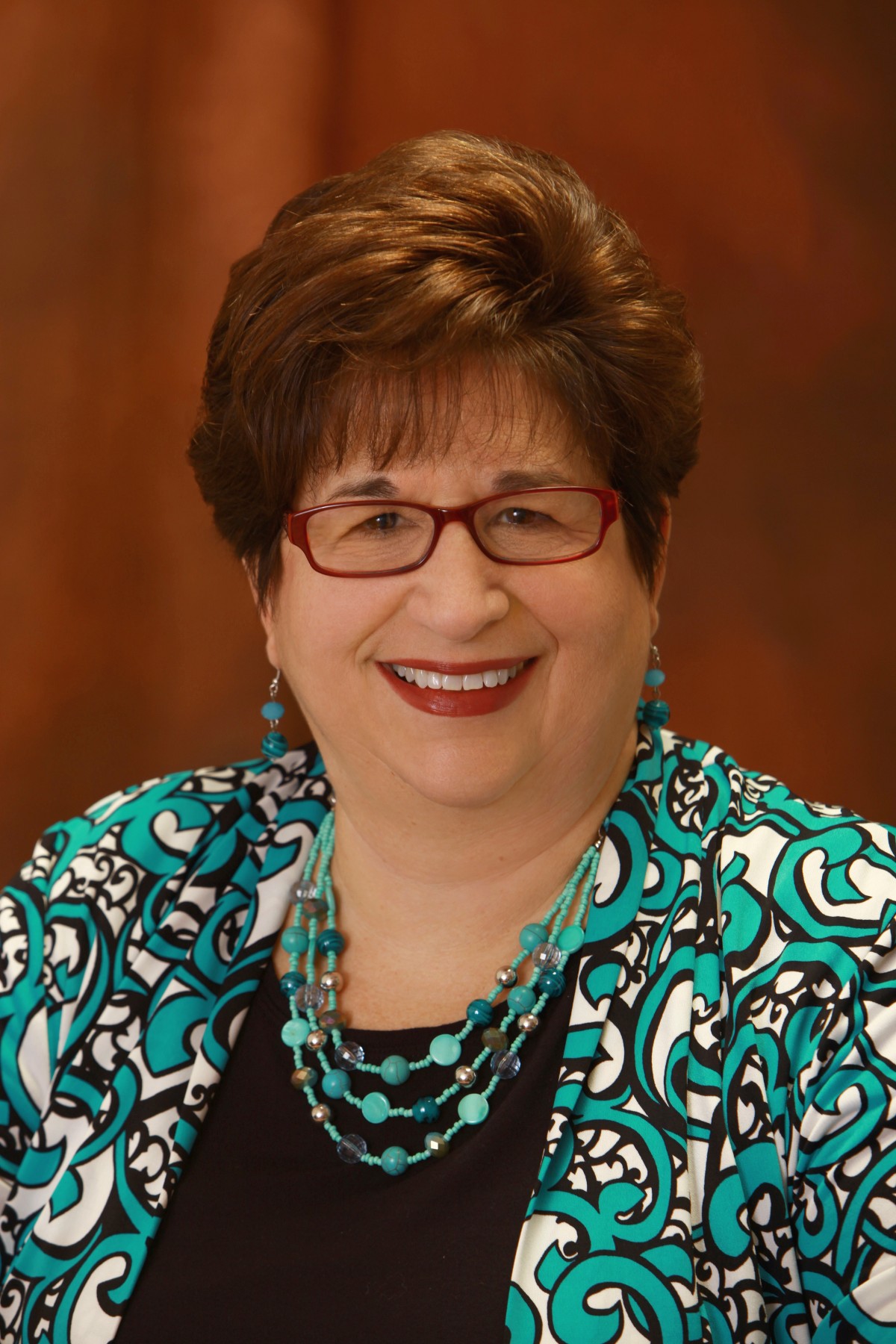
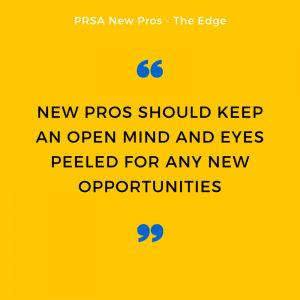 This is absolutely the wrong way to approach finding a fulfilling career. Instead of pursuing opportunities only when we think we desperately need them, new pros should keep an open mind and eyes peeled for any new opportunities, no matter how satisfying their current position may be.
This is absolutely the wrong way to approach finding a fulfilling career. Instead of pursuing opportunities only when we think we desperately need them, new pros should keep an open mind and eyes peeled for any new opportunities, no matter how satisfying their current position may be.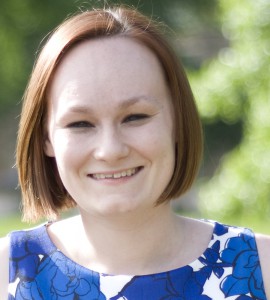 byn Rudish-Laning is a member of PRSA SC and communications coordinator for the South Carolina Council on Competitiveness. Robyn is also a member of the New Professionals executive committee. She is a graduate of Duquesne University and is currently located in Columbia, SC. Find her on
byn Rudish-Laning is a member of PRSA SC and communications coordinator for the South Carolina Council on Competitiveness. Robyn is also a member of the New Professionals executive committee. She is a graduate of Duquesne University and is currently located in Columbia, SC. Find her on 